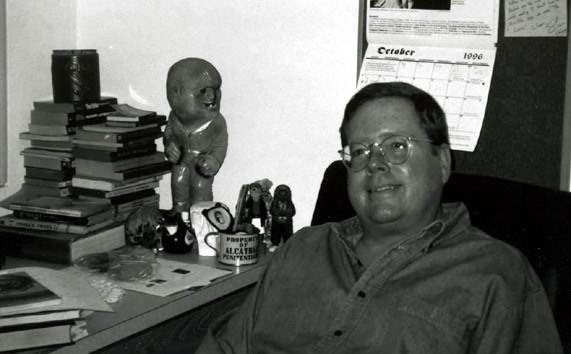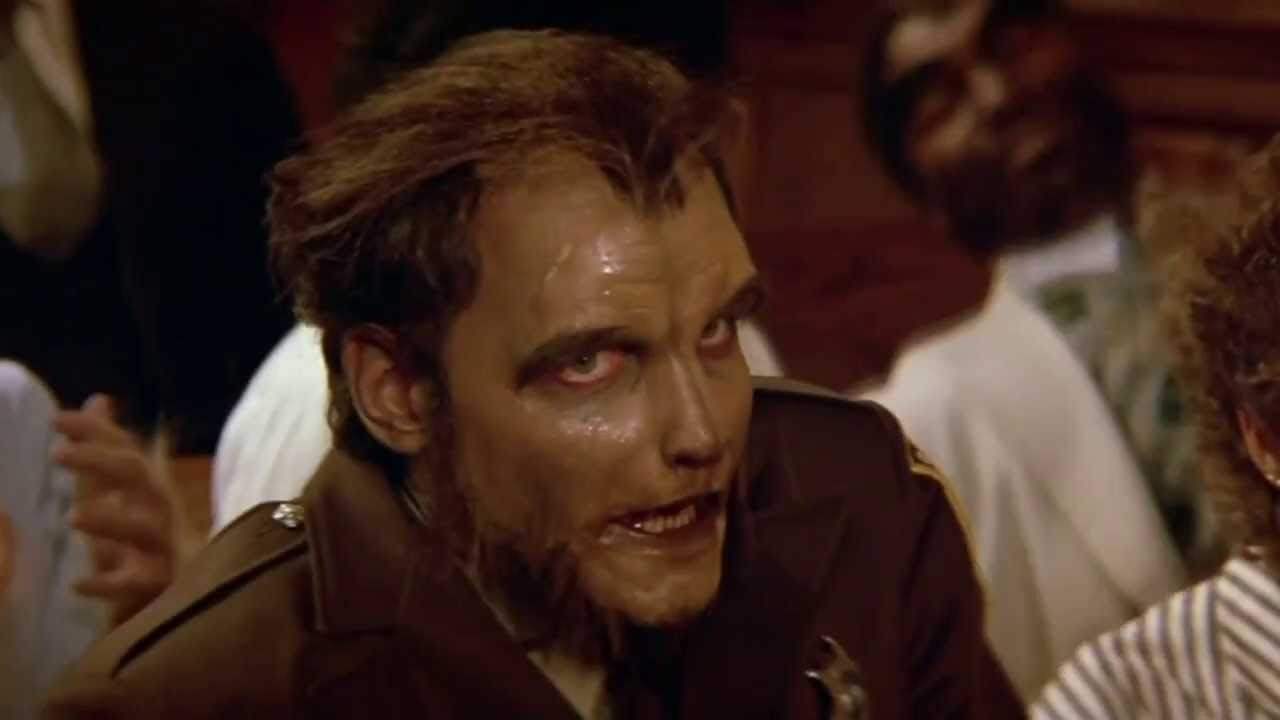While slashers dominated the screen in the 1980’s, splatterpunk dominated the page. The movement was about going as far as possible, going to extremes to unnerve and shock the reader. Naturally, this brought a lot of backlash, but it also introduced a lot of new voices—and readers, for that matter—into the genre. Folks like Clive Barker and Jack Ketchum, both of whom emerged during the splatterpunk heyday, saw their work adapted to film with much success. Most authors did not. And while a few have gone on to be among the biggest names in horror fiction, they never got to see their work on the screen—if they even wanted to. It’s surprising, in some ways, because a few of these authors felt like their fiction was catered for a visual medium. That doesn’t mean it wasn’t layered, excellent prose, only that you could read the book and clearly see exactly how it could work as a film.Richard Laymon was one of those authors. He wrote over thirty novels, all of which were dark, extreme works of violence and horror.
Each of Richard Laymon’s books left a lasting impression on the reader. While he was praised by blockbuster authors like Stephen King and Dean Koontz, he never found much success in America until 1999, when Leisure Books picked him up for mass-market paperbacks that were available virtually everywhere. Even then, he was not a household name. Most of his readership came from the UK.
Also See: Four Essential Novels by Jack Ketchum
Authors like Stephen King made it on their own, to be sure, but the popularity was only strengthened by their adaptations. Laymon died in 2001 with a loyal, but relatively small fan base and no feature films based on his work.It would have been nice to see that change, especially in the 1980’s when Laymon’s books first burst onto the scene. Each tome stands on its own, but it would have been great to see a film counterpart that could be embraced on its own terms. For example, as a Stephen King fan enjoying the short story “Trucks” and Maximum Overdrive are entirely different experiences.
The Cellar is tailor-made for a great horror movie. There’s a creature-feature element to it, and there are human monsters to balance it out as well. Even the heroes exist in a sort of moral gray area. The beast itself is insanely savage and what’s on the page suggests a memorable design. It even had sequels, some of them better than others. The Beast House Chronicles could have been Laymon’s franchise on the silver screen, but the books were also so imaginative and horrific that no studio dare touch them.
Conversely, a book like Blood Games is much more psychological than the guttural, gruesome horrors of The Cellar. This one centers on the relationship between a group of young women who were inseparable in college and have since moved onto their adult lives. They take a cabin for the weekend and are stalked, but in a very non-traditional way. It’s still horrifying, but it would make for a very different type of film.
 Richard Laymon wrote over thirty novels and no two of them were alike. Each one had its own strengths, each one told its own story. One of the fan-favorite Laymon books, The Traveling Vampire Show was also one of his last. He won a posthumous Bram Stoker Award for it. It’s at once captivating and disturbing and would have made for such an interesting feature film, especially now, in an age where cinema has no idea where vampires should be taken next. Everyone is still trying to figure out vampires post-Twilight and The Traveling Vampire Show would certainly be an interesting way to shake things up.
Richard Laymon wrote over thirty novels and no two of them were alike. Each one had its own strengths, each one told its own story. One of the fan-favorite Laymon books, The Traveling Vampire Show was also one of his last. He won a posthumous Bram Stoker Award for it. It’s at once captivating and disturbing and would have made for such an interesting feature film, especially now, in an age where cinema has no idea where vampires should be taken next. Everyone is still trying to figure out vampires post-Twilight and The Traveling Vampire Show would certainly be an interesting way to shake things up.
Just because no Laymon book has made it to the screen does not mean one never will, but it seems unlikely. He’s not a household author, it would take a very driven filmmaker with a passion for one of the books to put it together. And even then, that means next to nothing with the way the industry works. Plenty of passionate filmmakers—if not all of them—have dream projects that will never get off the ground.
Perhaps it’s for the best that Richard Laymon will always be an underground author. Despite being right up there with King, Barker and Ketchum in terms of quality, he may never have such a wide audience. But for those who are introduced to horror fiction through the aforementioned authors, they will find Laymon eventually if they just keep digging. And if they’re anything like me, then when they finally uncover him they will be so relieved they did.







